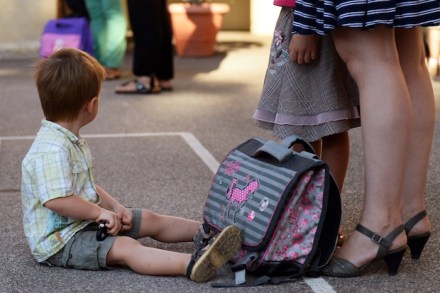Hope, fights and grammar schools
A typical Kentish town, with its grammar school at one end and its secondary school at the other, is a throwback to the Bad Old Days, or the Good Old Days, depending on what your views are on academically selective state education. If Theresa May’s plans go ahead, the whole country might look something like this. In my childhood home town of Sandwich, Kent, the two schools, Sir Roger Manwood’s grammar school and the Sandwich Technology School, have staggered going-home times to avoid the fights on the station platform that used to happen every afternoon. Their uniforms are tellingly different: the Manwood’s students wear smart blazers and ties, the Tech




















